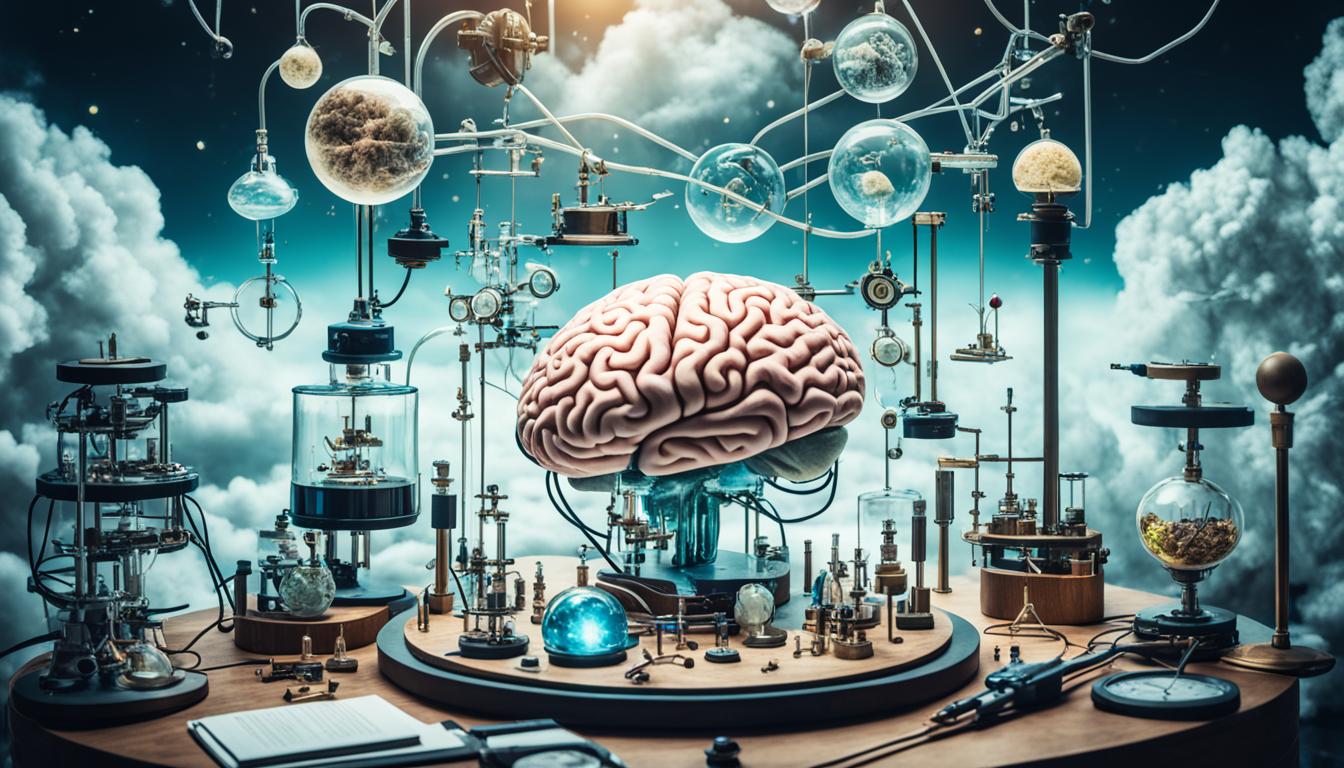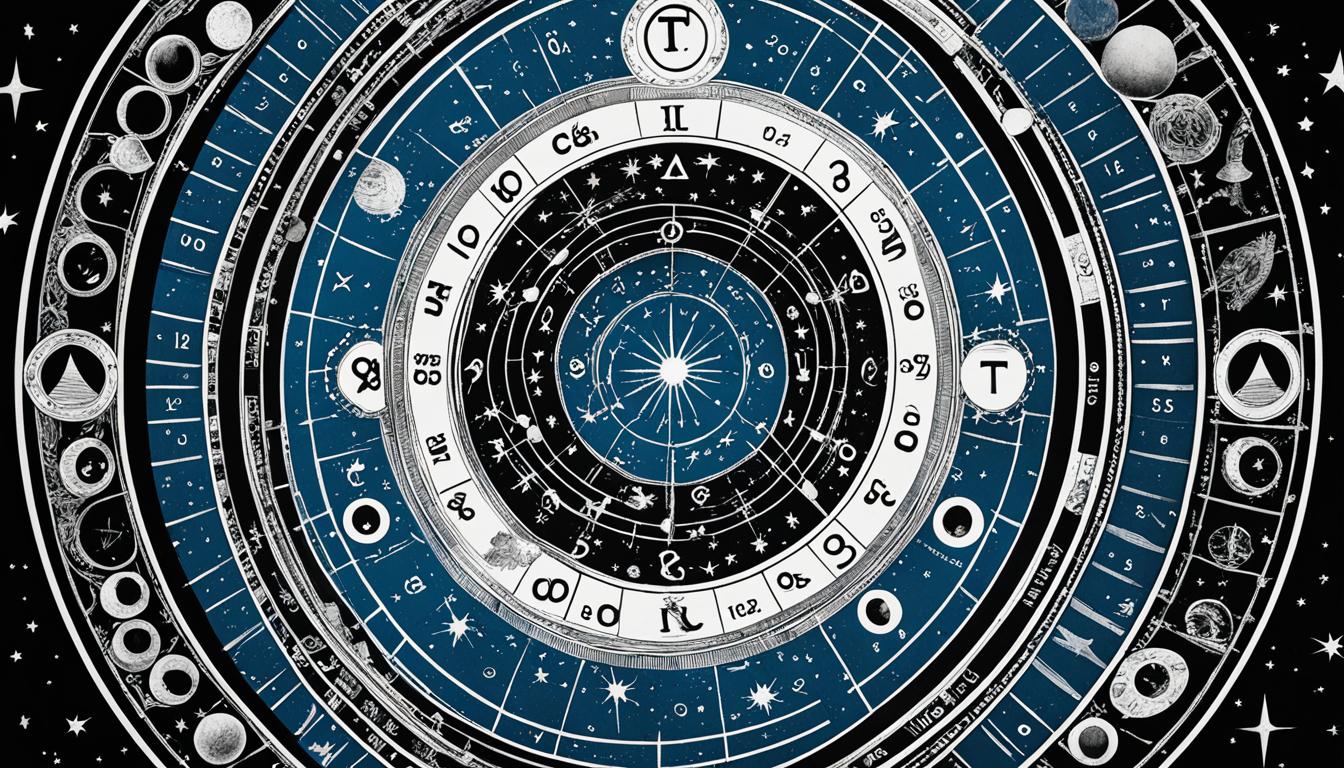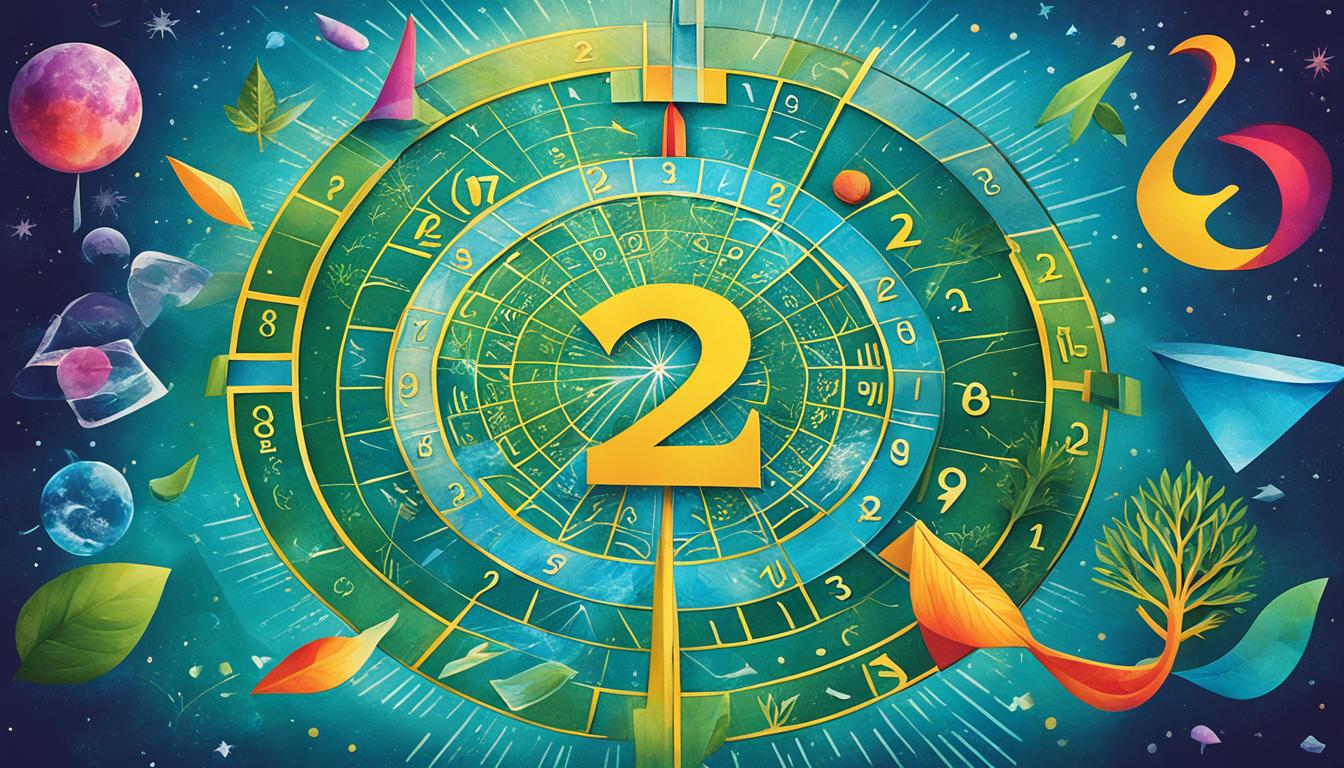Have you ever been in a dream and knew you were dreaming? That’s the magic of lucid dreaming. It’s when you’re aware you’re dreaming and can control your dream world. This has fascinated people for centuries.
Lucid dreaming was first named in 1913, starting scientific studies on it1. Researchers have since learned a lot about these dreams. They found lucid dreaming can happen in different sleep stages1.
But what about dreams that predict the future? While there’s not much science on it, many believe in prophetic dreams. In fact, studies say 17.8% to 38% of people have had a dream that predicted something2.
We’ll look into the latest studies on lucid dreaming and prophecy. We’ll see what cultures believe and how this state of mind can be used. Whether you doubt or believe, lucid dreaming is a fascinating journey into our minds.
Key Takeaways
- Lucid dreaming is a state where dreamers become aware they’re dreaming
- Scientific studies on lucid dreaming began in the late 20th century
- Lucid dreams can occur in various sleep stages
- A significant portion of people report experiencing precognitive dreams
- The connection between lucid dreaming and prophecy remains a topic of debate
- Research in this field combines neuroscience, psychology, and cultural studies
Understanding Lucid Dreaming: A Scientific Perspective
Lucid dreaming has been a mystery for centuries. It’s a special kind of dream where you know you’re dreaming. You’re about to explore this world where dreams and reality mix.
Definition and Characteristics of Lucid Dreams
Lucid dreams happen when you know you’re dreaming while asleep. This lets you control your dreams. About half of adults have had a lucid dream at some point3.
In these dreams, your dream body might feel different. The places you visit can be very detailed and complex3.
Historical Context: From Ancient Practices to Modern Research
Lucid dreaming is old, linked to spiritual traditions. Hinduism, over 3,500 years old, sees three states of consciousness. Buddhism, starting 2,500 years ago, uses Dream Yoga to be aware in dreams4.
Philosophers like Aristotle and Descartes were interested in lucid dreaming. In the 1950s, science started to study it more, finding out about REM sleep3.
Neuroscientific Insights into Lucid Dreaming
Now, we know more about the brain in lucid dreams. Studies show brain activity is similar to waking and different from REM sleep. The brain’s 40 Hz band is very active in lucid dreams5.
Lucid dreaming has a special state of consciousness. It’s like being awake but dreaming, with brain activity unlike REM sleep5.
| State | Delta/Theta Bands | Gamma Band | Coherence Levels |
|---|---|---|---|
| Lucid Dreaming | REM-like power | Higher than REM | Similar to waking |
| REM Sleep | Baseline | Baseline | Lower than lucid dreaming |
| Waking | Different from REM | Different from REM | Similar to lucid dreaming |
These findings help us learn more about lucid dreaming. They open doors to new ways to induce lucid dreams and understand dreams better.

The Intersection of Lucid Dreaming and Prophecy
Dreams have always caught our attention, making us wonder if they can predict the future. This mix of lucid dreaming and prophecy is a big topic in dream studies and parapsychology.
Cultural and Religious Interpretations of Prophetic Dreams
Many cultures see dreams as a way to see the future or get messages from the divine. In Hinduism, dreams are thought to be made by gods and goddesses. Some believe they can see what will happen next while they’re dreaming.

Precognitive Dreams: Anecdotes and Scientific Skepticism
There are many stories of precognitive dreams, like Abraham Lincoln’s dream before his death. But, many scientists doubt if dreams can really predict the future. Researchers are still looking into it to see if they can prove it.
Psychological Explanations for Seemingly Prophetic Dreams
Psychologists have a few ideas on why some dreams seem to predict the future. They think we might just remember certain dreams more because they match what happens later. Or, we might see connections where none exist. A study showed that people who like dreaming a lot are more worried about things like climate change6.
| Dream Characteristic | Liberal Dreamers | Conservative Dreamers |
|---|---|---|
| Dream Recall | Higher | Lower |
| Sleep Quality | More restless | Sounder sleep |
| Dream Variety | More active and varied | Less varied |
| Nightmares | Fewer | More frequent |
It seems our political views can affect our dreams too. Liberals tend to remember more dreams and have more varied ones. Conservatives sleep better and remember fewer dreams6. This shows that what we believe in the day can change our dreams at night, maybe even how we see and remember them.
Scientific Studies on Lucid Dreaming and Prophecy
Dream research has made big steps in understanding lucid dreaming. Studies show that time in a lucid dream can feel up to 50% longer than in real life7. This interesting fact has caught the eye of neuroscientists. They are now doing experiments with lucid dreamers to learn more about the brain during sleep7.
Lucid dreams usually happen during rapid eye movement (REM) sleep8. A 2012 study by German scientists showed how lucid dreams mix waking and dreaming thoughts8. This research could lead to new ways to understand consciousness and extrasensory perception.

The link between lucid dreaming and prophecy has always been interesting to parapsychology researchers. A 2015 survey found that 30% of women and 19% of men said they had dreams that predicted the future9. This difference between men and women in reporting such dreams is quite interesting and needs more study.
But, the scientific world is still unsure about prophetic dreams. Trying to make lucid dreams happen has been hit or miss. Right now, about 50% of the time, lucid dreams happen, mostly with people who dream a lot8.
As research goes on, there are ethical questions. The idea of controlling the human brain like a computer raises big ethical issues8. Dream research is moving forward, but we must be careful and think about the ethics of it all.
Lucid Dreaming Techniques and Their Potential Applications
Lucid dreaming has caught the eye of both researchers and fans. It lets dreamers know they’re dreaming while asleep. This opens up new ways to explore and grow.
Methods for Inducing Lucid Dreams
Learning to induce lucid dreams takes time and effort. One way is critical state testing, asking yourself if you’re dreaming often. This habit helps you become aware in dreams3. Another way is to set goals before sleep, looking for signs that mean you’re dreaming.

Therapeutic Applications of Lucid Dreaming
Lucid dreaming is being looked at for therapy. It could help with nightmares and PTSD by letting people change scary dreams. Therapists use lucid dreaming to help people understand their deep thoughts better.
Exploring Consciousness Through Lucid Dreaming Research
Studies on lucid dreaming are helping us understand consciousness better. A study found big changes in brain activity when lucid dreamers dream. This shows lucid dreaming is a special state of mind5.
New tech is making lucid dream research more exciting. The Halo device, coming in 2025, uses special sound waves and learning to help induce lucid dreams10. This could change how we think about controlling dreams and being conscious.
| Aspect | Non-Lucid REM Sleep | Lucid Dreaming |
|---|---|---|
| Awareness | Unaware of dreaming state | Aware of dreaming state |
| Brain Activity | Typical REM patterns | REM-like with higher γ band activity |
| Coherence | Lower coherence levels | Higher coherence, especially in frontolateral areas |
| Control | Limited control over dream content | Potential for dream content manipulation |
As we learn more about oneirology, lucid dreaming’s uses grow. It helps with personal growth and scientific discovery. This special state of mind is full of chances for exploration and understanding.
Conclusion
Studies on lucid dreaming and prophecy have opened new doors in dream research. Researchers like LaBerge spent years training themselves. This led to big discoveries11. They found that frequent lucid dreamers have more gray matter in certain areas and better brain connections11.
Now, the study of lucid dreaming is growing. Recent studies show how our brains work during dreams. A study with 65 students found that students with more low-frequency theta waves in their brains could remember dreams better12. This shows how dreaming and memory are connected.
The link between lucid dreaming and prophecy is still being studied. But, research is giving us new insights into our minds. For example, a study at Bonn University found that some people could have lucid dreams often after training for four months5. As we learn more, we get closer to understanding our dreams and how they can help us.
FAQ
What is lucid dreaming?
Lucid dreaming means you know you’re dreaming while you’re dreaming. You can then control your dream. It’s a special state of awareness in dreams.
How does modern science study lucid dreaming?
Scientists use tools like eye movement signals and brain scans during REM sleep. They study lucid dreaming to understand the brain’s activity.
Are there historical roots of lucid dreaming practices?
Yes, ancient traditions like Dream Yoga and Yoga Nidra used lucid dreaming for spiritual goals. Today’s science is building on these old practices.
What is the link between lucid dreaming and prophecy?
Some say lucid dreams can predict the future. But, there’s not much proof that dreams can really predict what will happen next.
How do psychologists explain seemingly prophetic dreams?
Psychologists think our brains might just remember certain dreams more than others. They also think we like to connect things that aren’t really connected. But, they’re not sure dreams can really predict the future.
What are some techniques for inducing lucid dreaming?
You can try reality checks, meditation, or special sleep habits. Scientists are still finding the best ways to make lucid dreaming happen.
What are the potential applications of lucid dreaming?
Lucid dreaming could help with nightmares and PTSD. It might also help us understand how our brains work. Plus, it could make us more creative and solve problems better.
Source Links
- https://www.ncbi.nlm.nih.gov/pmc/articles/PMC7573223/
- https://www.sleepfoundation.org/dreams/precognitive-dreams
- https://www.noemamag.com/living-in-a-lucid-dream
- https://www.frontiersin.org/journals/psychology/articles/10.3389/fpsyg.2020.555731/full
- https://www.ncbi.nlm.nih.gov/pmc/articles/PMC2737577/
- https://bulkeley.org/dreams-and-politics-2020-preparing-for-new-research/
- https://rabbidunner.com/lucid-dreaming-or-prophecy/
- https://slate.com/technology/2023/10/prophetic-lucid-dreams-startup-artificial-intelligence.html
- https://bulkeley.org/dreaming-of-the-future-the-anticipatory-function-of-dreams/
- https://www.vice.com/en/article/m7bxdx/scientists-are-researching-a-device-that-can-induce-lucid-dreams-on-demand
- https://www.mdpi.com/2076-3425/14/5/426
- https://www.scientificamerican.com/article/the-science-behind-dreaming/



